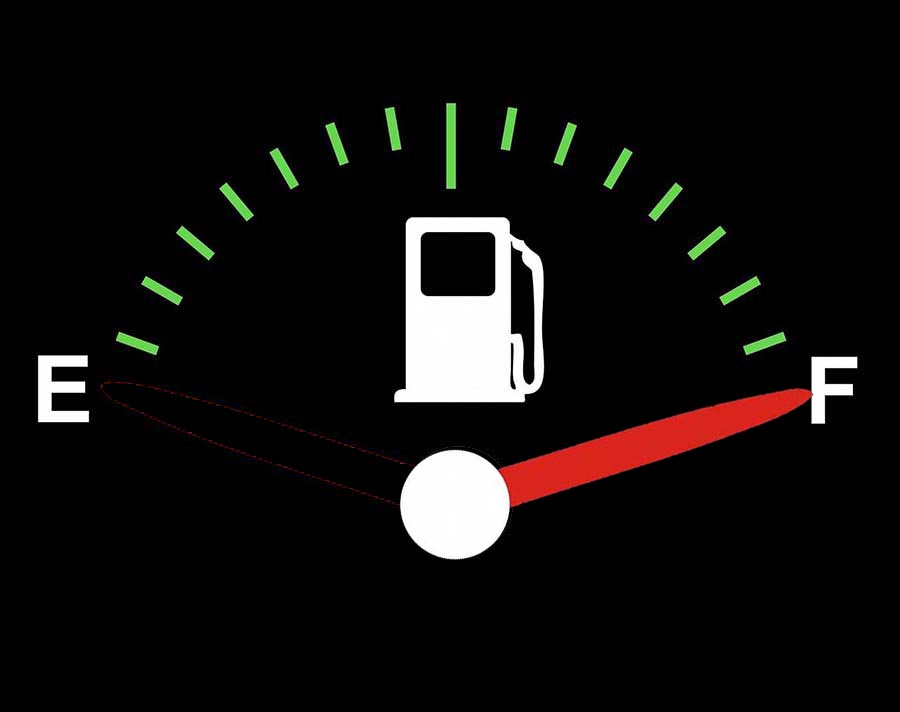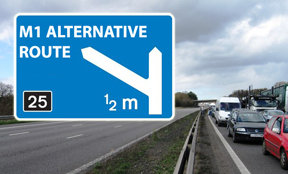
With the UK’s October 30, 2024 budget about to be delivered, drivers face the question of whether to top off their tanks ahead of potential fuel duty increases - and therefore potentially save money on petrol or diesel.
Here’s what we know so far, along with an analysis of possible price impacts and how much you might save by filling up early.

How Much Might Fuel Duty Increase?
Reports indicate that the UK government may raise fuel duty by as much as 7p per litre as part of the October budget announcement. This would be a reversal of the 5p cut that’s been in place since 2022, as well as an adjustment in line with inflation. Fuel duty has remained frozen at 52.95p per litre since 2011, but pressure to address fiscal challenges means a rate change could be likely this time. The increase, if implemented, would affect both petrol and diesel prices, pushing up the cost per litre for UK drivers across the board.
What Would This Mean for Pump Prices?
If the proposed increase goes through, it’s anticipated that pump prices could rise immediately, given that fuel duty is applied directly to every litre of petrol and diesel sold. This could mean a nearly instant impact on your cost at the pump once the budget changes are enacted. Current fuel prices, as of late October, average about 135.26p per litre for petrol and 140.26p for diesel, and an added 7p could mean paying around 142p for petrol and 147p for diesel.
The timing of the price change is generally immediate upon official budget approval. For drivers who fill up weekly or frequently drive long distances, a 7p increase might translate to a noticeable additional monthly expense.
How Much Could You Save by Filling Up Before the Budget?
By filling up ahead of the potential price hike, you could save roughly 7p per litre. For an average 50-litre tank, this means a saving of about £3.50 per full tank. While it may seem modest, these savings could add up over time, especially for drivers who regularly fill up their tanks. If you drive a diesel vehicle and fill up frequently, for instance, a consistent 7p per litre increase over the course of a year could result in additional costs of around £84 or more annually.
If you drive a smaller vehicle and fill up less frequently, the cost impact would be lower, but it’s still a worthwhile consideration as we head into winter—a season where fuel demand and, consequently, prices tend to rise.
What Time Would Changes Be Reflected at the Pump?
If the budget indeed includes a duty increase, changes are likely to reflect at the pump very soon after the announcement. Given that fuel duty is typically adjusted as an excise tax, the timeline from policy announcement to pump prices is often swift. Once wholesalers adjust for the new duty, you’ll likely see updated prices within days at the latest.
While it’s always possible the Chancellor could delay the effective date or gradually phase in the increase, the straightforward nature of fuel duty changes suggests that drivers should expect to feel the impact without much delay if it’s implemented.
Final Considerations
Ultimately, if you’re looking to avoid a potential rise in fuel costs, it could be a smart move to top off your tank before October 30th. While a fuel duty hike isn’t set in stone, the current economic climate and signals from government officials suggest it’s highly likely. Taking this small step could offer peace of mind and some short-term savings in light of the ongoing discussions surrounding fuel duty in the UK.
Sources:
- UK Government: Fuel Duty Regulations and Historical Freeze Details
- This feature looks at potential outcomes and for basic information only
Most read motoring content
Take a look at more of our top motoring-related content here...
-
How much did my car tax go up in April 2023?
-
My driving licence has expired - can I keep driving while I wait for a new one?
-
Do I need an international driving permit for France and Spain
-
Are car washes still open during the hose pipe bans?
-
Will I get a speeding ticket after being flashed
-
Will I get a speed awareness course instead of points?
-
How to spot a fake undercover police car
-
Can I drive in sliders in the UK - with or without socks
-
Can I vape in a car with kids in it?
-
How old are my tyres - find out instantly here
-
Do I need an electric car licence and driving test in the UK?
-
What happens to a car when the owner dies?
-
How can I find out who owns a car
-
Can I book cancelled driving tests to beat the rush?
-
How far and how fast can I drive on a space saver spare wheel
-
Can I be fined if the car park ticket machine is not working?
-
Is the M6 Toll Road free in the evening and at weekends?
-
How much is the Tamar Bridge toll and when do I need to pay it?
-
How can I find out who owns a car
-
What are the black dots on my windscreen for?
-
Will I get a 6-month MOT extension because of the new Omicron variant this Christmas?
-
Electric car charging points at UK airports for public use - 2023
-
Are electric scooters a good Christmas present - find out the driving rules here
-
Secret parking offences you're committing revealed
-
Do I need to tell the DVLA about having Covid-19?
Get our latest motoring and travel updates here
Author: Pete Barden:
Twitter: @pete_barden
Pete Barden is a qualified journalist who has written and produced for publications including The Sun (thesun.co.uk), New Statesman Media Group, Whatcar? (Whatcar.com) Stuff Magazine (Stuff.tv), Fastcar Magazine (Fastcar.co.uk), Maxim Magazine and UK broadcast stations within the Heart network (Formerly GCAP). Pete specialises in motoring and travel content, along with news and production roles. You can find out more about Pete Barden on LinkedIn.











